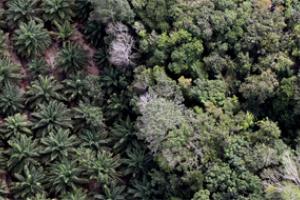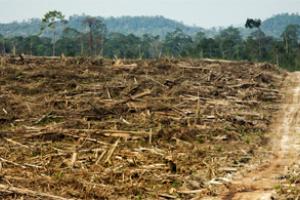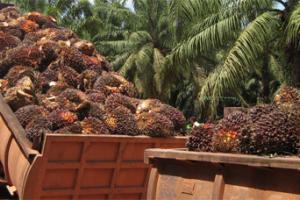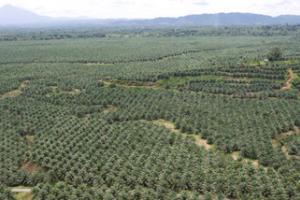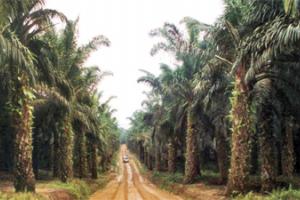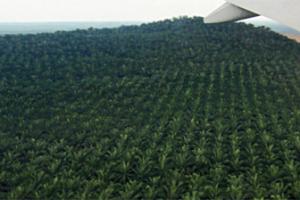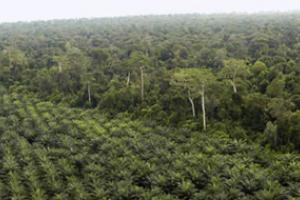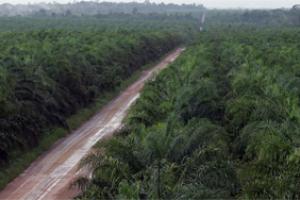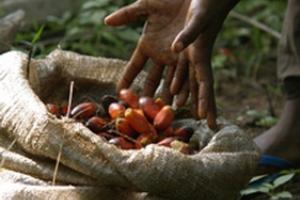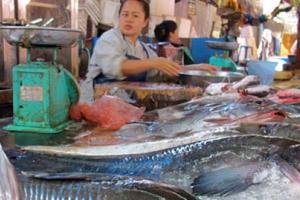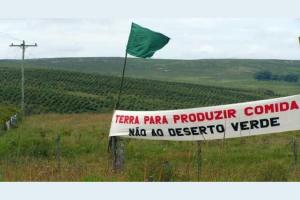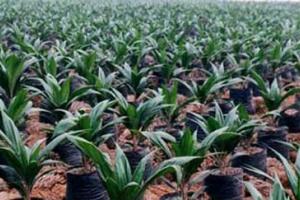Industrial oil palm plantations have been expanding in many countries in the global South, increasingly in Africa and Latin America, invading territories of rural populations, indigenous peoples and traditional communities in order to produce palm oil for export or agrofuel for foreign markets.
Large-Scale Tree Plantations
Industrial tree plantations are large-scale, intensively managed, even-aged monocultures, involving vast areas of fertile land under the control of plantation companies. Management of plantations involves the use of huge amounts of water as well as agrochemicals—which harm humans, and plants and animals in the plantations and surrounding areas.
Bulletin articles
7 May 2014
Bulletin articles
7 May 2014
The State Government of Sarawak has issued a provisional lease for an oil palm plantation scheme to Woodijaya Sdn Bhd, a subsidiary of Rimbunan Hijau Sdn Bhd on Lot 197 Teraja LD and Lot 1200 Puyut LD, both which are 4,658 hectares. The 60 year lease that was issued by the State’s Lands & Surveys Department encroaches on lands belonging to the Malays of Marudi and Ibans of Lubuk Amam.
Bulletin articles
7 May 2014
Bulletin articles
7 May 2014
Bulletin articles
7 May 2014
Liberia – RSPO’s inability to address root causes of the conflict related to Sime Darby’s operations
Bulletin articles
7 May 2014
Bulletin articles
7 May 2014
Other information
7 May 2014
Okomu Oil Palm Plc, the Dangote Group and United Food Industries Ltd representing Indonesia's Salim Group are to benefit from plans by the Edo State Government to allocate 410,000 hectares of forest land belonging to community people in order to establish large scale monoculture plantations. Only 30,000 will be left for the over 170,000 local farmers in the communities who earn their livelihood from farmlands and forest resources.
Bulletin articles
5 April 2014
In Thailand, Laos, Cambodia, Vietnam and Myanmar it remains common until today that the wife will be the one who ‘owns’ the land of the paddy or upland rice fields. . Women therefore can be the ones fully responsible for maintaining those resources for the next generations.
Bulletin articles
5 April 2014
“It is the rural women’s movements that have been at the forefront of massive public actions aimed at fighting back against the big corporations in the agri-food sector (pharmaceutical laboratories that produce transgenic seeds and toxic agrochemicals) and defending biodiversity.” (SILIPRANDI, 2013, p. 239)
